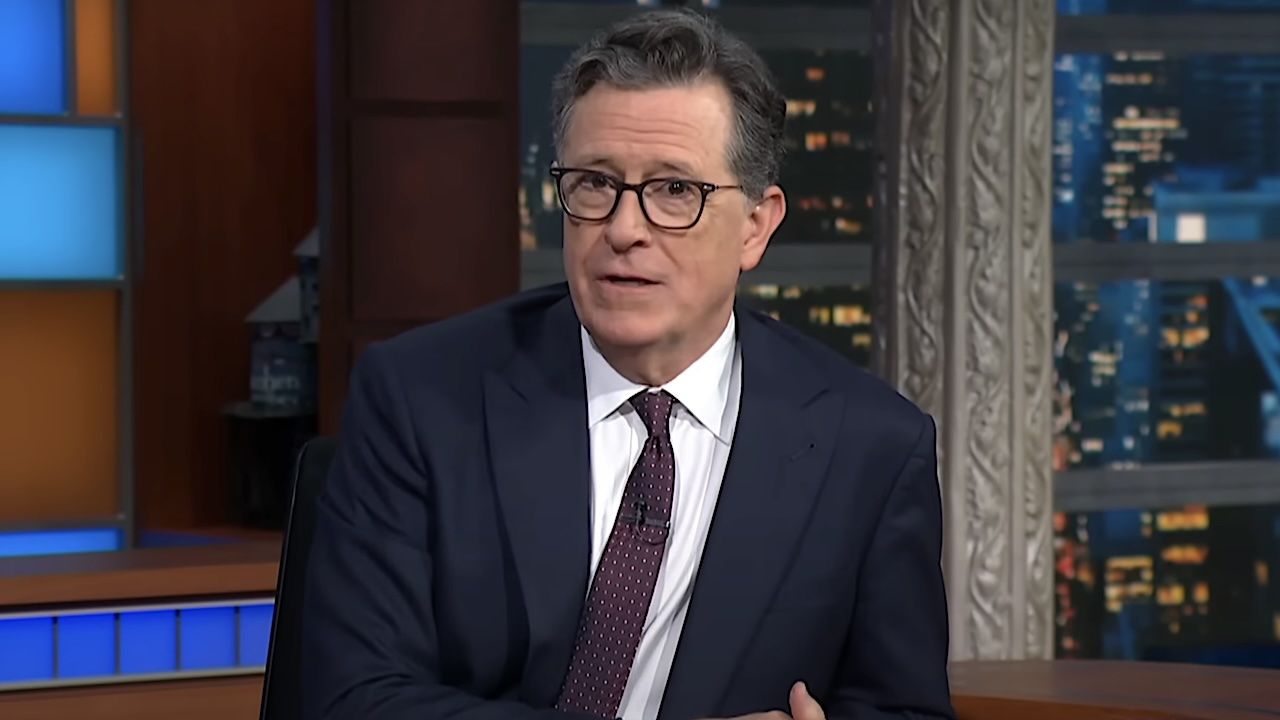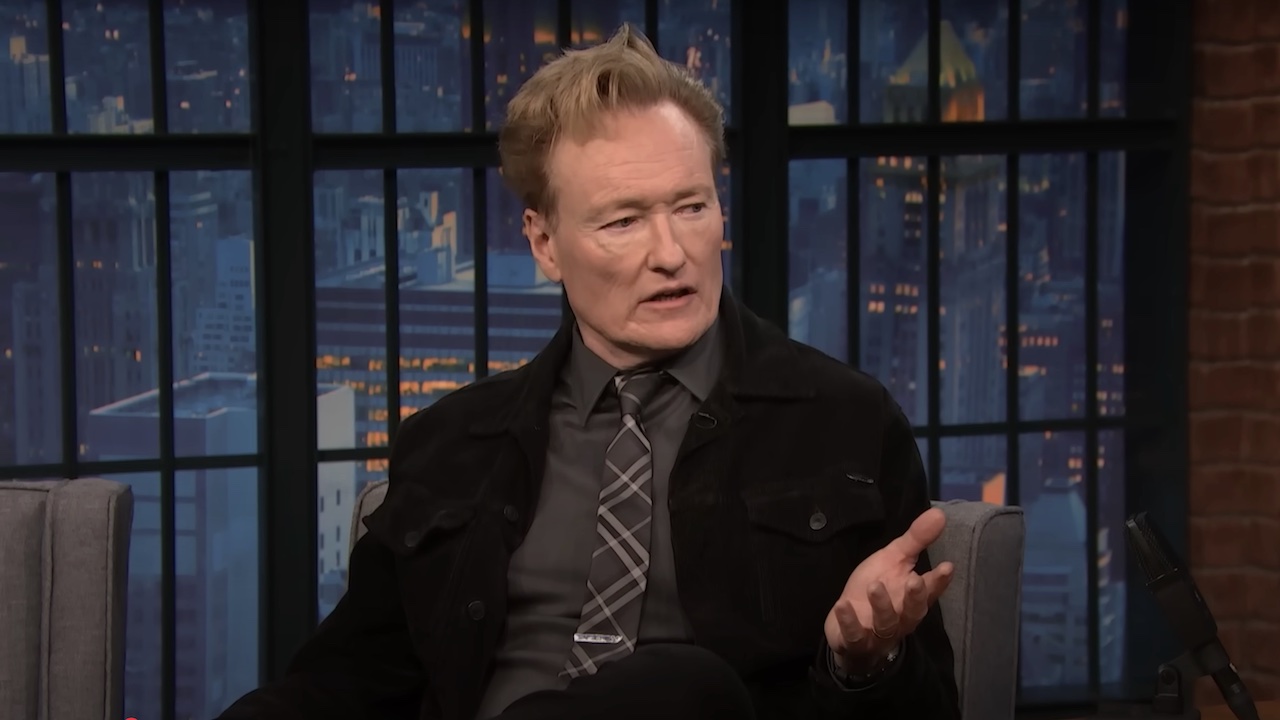
The late-night TV business is in an interesting position right now, as some entertainment companies are shifting away from the long-used model. Over the past few years, networks have either reduced resources for such shows or just axed them altogether. A recent casualty of the changing media landscape was Stephen Colbert’s The Late Show, which was canceled by CBS earlier this year. While the paradigm is shifting, Colbert still has his reasons for why late-night talk shows should stick around.
Stephen Colbert has been hosting for quite some time now, given his work on The Late Show and The Colbert Report before that. (However, on that latter show, Colbert played a fictional character who shared his name.) The veteran media personality discussed the state of late-night TV during an interview with GQ. With his own show coming to an end, Colbert was asked about the necessity of his peers like Jimmy Kimmel and Jimmy Fallon carrying on, and he shared a keen thought:
Well, we are like your friend who at the end of the day paid attention to what happened today more than you did. And then we curate that back to you at the end of the day. But it’s really more about how we feel about—or I, as the person who is the vehicle for that—how we felt about today. All those things that might’ve made you confused, angry, or anxious or happy or surprised or something like that. I share those feelings with the audience and they laugh or they don’t laugh. And there’s a sense of community there.
There’s a long and esteemed history associated with late-night talk shows in the United States. For decades, viewers have (figuratively) welcomed excellent talk show hosts into their homes – from Ed Sullivan and Johnny Carson to David Letterman and Conan O’Brien. (Let’s also not forget those great late-night sidekicks.) Said hosts would then go over the news of the day and generate reactions from those in the live audience or viewers at home.
Stephen Colbert’s comments point to hosts serving as a source of comfort for those who may be disillusioned by what’s going on in the world at a particular time. He also makes a fair point in that there’s a communal experience that comes with taking in talk shows. Colbert also weighed in on another purpose that a show like his serves:
And there are fewer and fewer of what, I don’t know who coined this term, but there are fewer and fewer of what you would call third spaces in our life. Not your home, not your work, but some other place we get together. And these late-night shows are for millions of Americans a third space to come together and think about the day.
While making this argument, Colbert also admitted he understands people have a plethora of options when looking for outlets amid their personal time. Still, he finds that talk shows have a keen advantage:
I suppose another thing is, Hey, where do people go to talk about their book or their movie or their TV show, or if they’re a politician, their cause, or if they’re a philosopher, their idea, where do they go? Or a scientist, their discovery or their curiosity. And I know there are other places to go, but those are increasingly, however popular they may be, they’re more like subscriber audiences, more niche audiences as opposed to—however much there might be a balkanization of how people view television—it’s a general audience. You just turn on your TV. It’s just there.
Honestly, it’s somewhat hard to believe new episodes of The Late Show won’t be “there” for fans to watch this time next year. Its cancellation was announced in July, with CBS and Paramount chalking the decision up to financial reasons. Stars like Bowen Yang and Jimmy Kimmel expressed discontent, while some speculated that the move was politically motivated due to Stephen Colbert criticizing CBS $16 million lawsuit settlement with President Donald Trump. For his part, Colbert isn’t giving energy to that speculation.
What Stephen Colbert is mainly focused on right now is landing the “plane,” so to speak and making sure his show goes out on a smooth note. On a larger note, there remain plenty of questions regarding the future of late-night TV, with concerns coming from Seth Meyers and others. Until further change arrives, though, I’d expect current talk show hosts to keep doing the work as they’ve long performed it.








